- World Population Review Newsletter
- Posts
- Biohacking by Country: Who’s Winning the Race?
Biohacking by Country: Who’s Winning the Race?
From cryotherapy to nootropics, where nations are hacking longevity.
In partnership with…
Greetings, explorer of human upgrade and global insight!
What if living longer, thinking clearer, and feeling younger wasn’t about your genetics—but your zip code?
Biohacking has gone global. Once the secret sauce of elite athletes and Silicon Valley outliers, it’s now a worldwide movement—powered by data, backed by science, and shaped by how nations approach health, tech, and longevity.
From cryo-chambers in Scandinavia to ketone clinics in Singapore, countries are redefining wellness as performance—not just prevention.
So where is the future of human optimization being built? And which nations are quietly engineering longer, sharper lives?
Let’s dive in.
50% of Your Blood Sugar Response Is Genetic. Why Guess?
You can’t out-supplement a bad diet—or outguess your genetics. The Gene Food Insider newsletter helps you make smarter decisions about food, fitness, and longevity—with guidance grounded in peer-reviewed research.
In Scandinavia, wellness is more than lifestyle—it’s built into the system. Finland, Sweden, and Norway offer a unique model: a government-supported ecosystem for health optimization, blending public health data with private innovation.
🇫🇮 In Finland, “Health Hubs” offer public access to wearable-driven health programs. Helsinki’s new Longevity Center combines biological age testing, NAD+ IV therapy, and climate-adaptive lighting to boost circadian rhythm regulation.
🇸🇪 Sweden integrates personalized medicine into public healthcare—patients can access gut microbiome sequencing and sleep architecture analysis via national platforms.
🇳🇴 Norway, where cold exposure is a cultural norm, has gone a step further by integrating cryotherapy in elite sports recovery—and public pilot programs are testing its effects on mood and inflammation.
Fascinating data point: The average lifespan in Finland is 82.8 years—yet their biological age biomarkers suggest their citizens are aging 3.5 years slower than their chronological age, on average.
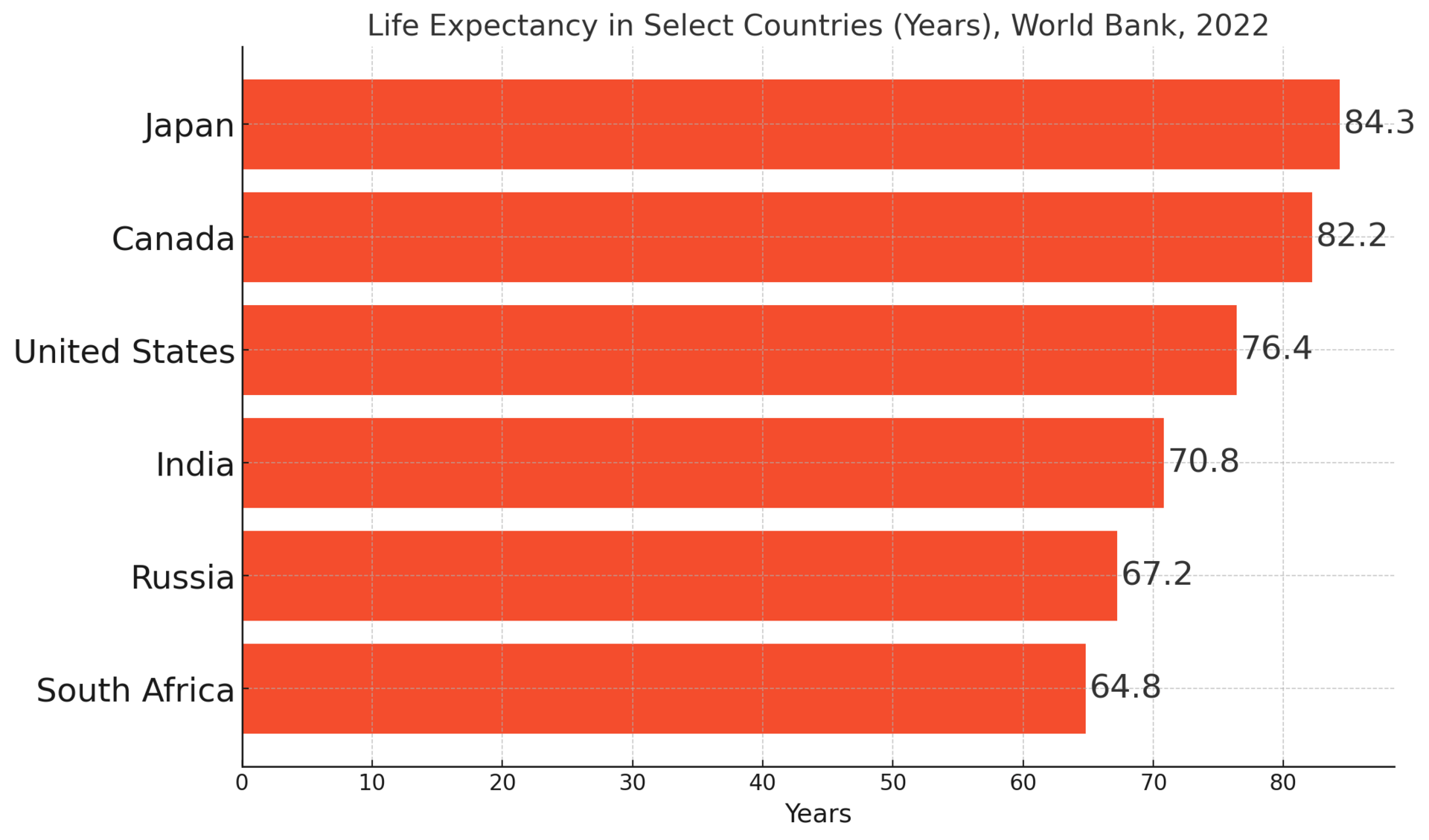
America’s biohacking culture is entrepreneurial, chaotic, and bursting with innovation. The country has no central biohacking policy—but that hasn’t slowed the rise of its $37B+ wellness tech industry.
🏋️ California’s “smart wellness” clinics offer everything from red light therapy to off-label metformin prescriptions. In Austin and Miami, biohacking retreats now rival tech conferences in attendance.
💊 Nootropics and peptide therapies are gaining traction in New York and Los Angeles, while Longevity startups like Levels, InsideTracker, and Viome allow consumers to monitor and adjust blood glucose, microbiome, and inflammatory markers in real time.
👩⚕️ But regulation remains inconsistent—while FDA scrutiny has increased, most biohacking still lives in a legal gray zone.
Fun twist: The U.S. is the only country where “biological age” is now a variable in high-end life insurance underwriting.
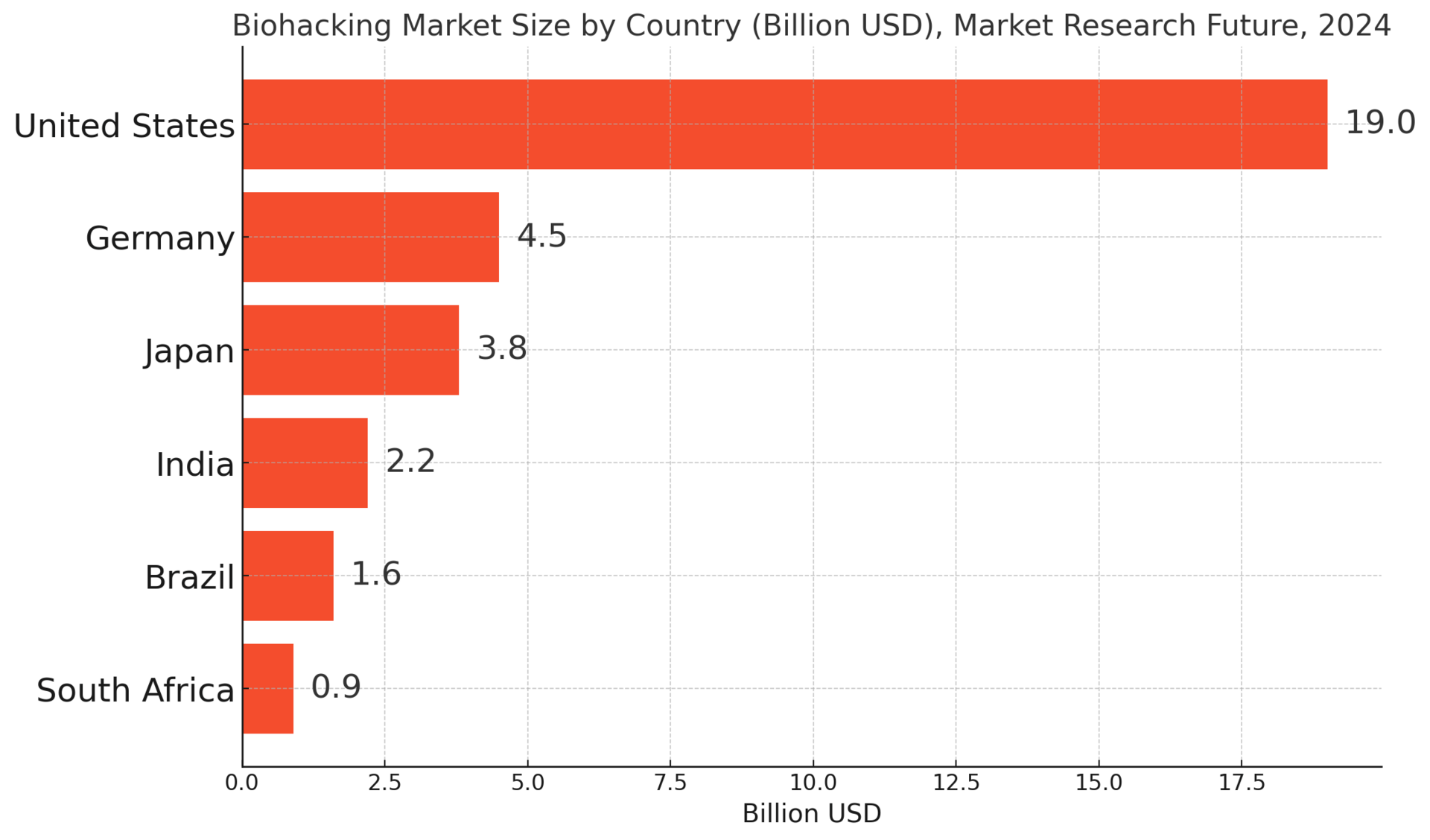
Singapore is taking a different route—combining its precision governance with a vision of citizen health as national capital. The city-state’s Healthier SG initiative has evolved into a quietly sophisticated longevity strategy.
🇸🇬 The government provides subsidized genetic testing for health markers and promotes early-stage digital twins—AI-powered simulations of individual biology—for citizens over 40.
🥦 High-tech wellness hubs offer microbiome-responsive diets and real-time metabolic coaching. The result? A push toward personalized prevention, not reactive care.
📈 Biotech investment is booming too. Singapore’s biomedical sector is projected to grow by 25% over the next five years, led by startups blending AI, biology, and personal optimization.
Insight to note: Singapore has one of the world’s lowest obesity rates (6.1%)—despite a high-income, urbanized population. Biohacking may be playing a stealth role.
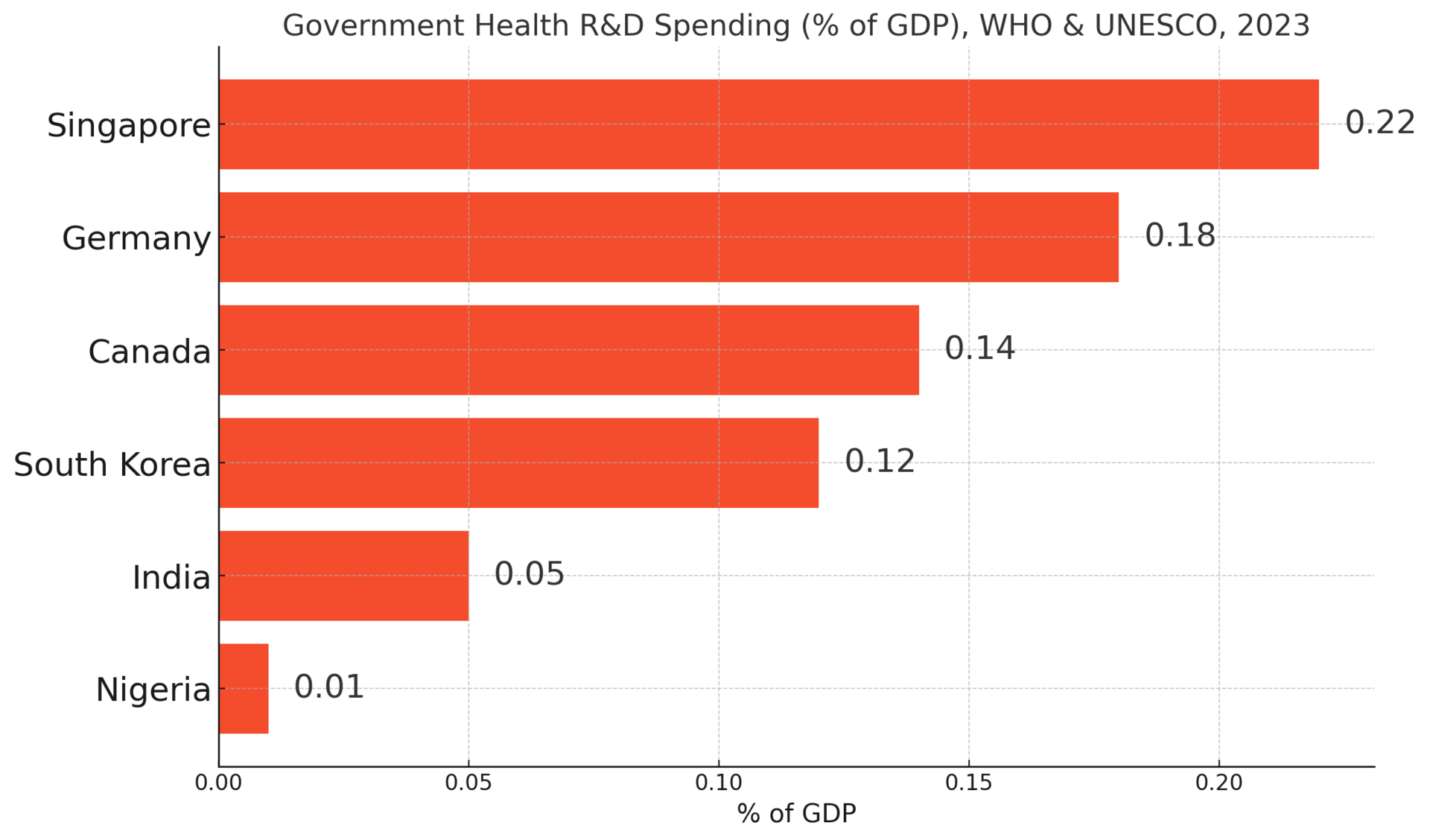
Nutrition Advice That Adjusts to You
Gene Food combines DNA science, real-world health data, and expert research to help you eat, move, and live smarter. If you’re tired of conflicting advice, start here.
In much of Europe, biohacking overlaps with formal medicine. Countries like Germany and Switzerland are building structured frameworks where health optimization is handled by doctors, not influencers.
🇩🇪 Germany’s “Integrative Health Clinics” offer mitochondrial therapies, hyperbaric oxygen, and even ozone therapy—covered in part by private insurance.
🇨🇭 In Switzerland, longevity medicine is now an elective track in medical training. Elite clinics in Zurich offer “epigenetic reprogramming” protocols—with some touting a 20% increase in healthspan based on pilot data.
🇳🇱 Meanwhile, the Netherlands is launching a public-private initiative called “Vitality Netherlands,” with plans to gamify biological age improvement for citizens 50 and up.
Curious stat: In 2024, Germany became the first country to allow biohackers to donate anonymized biomarker data for public research—blurring the line between citizen and scientific subject.
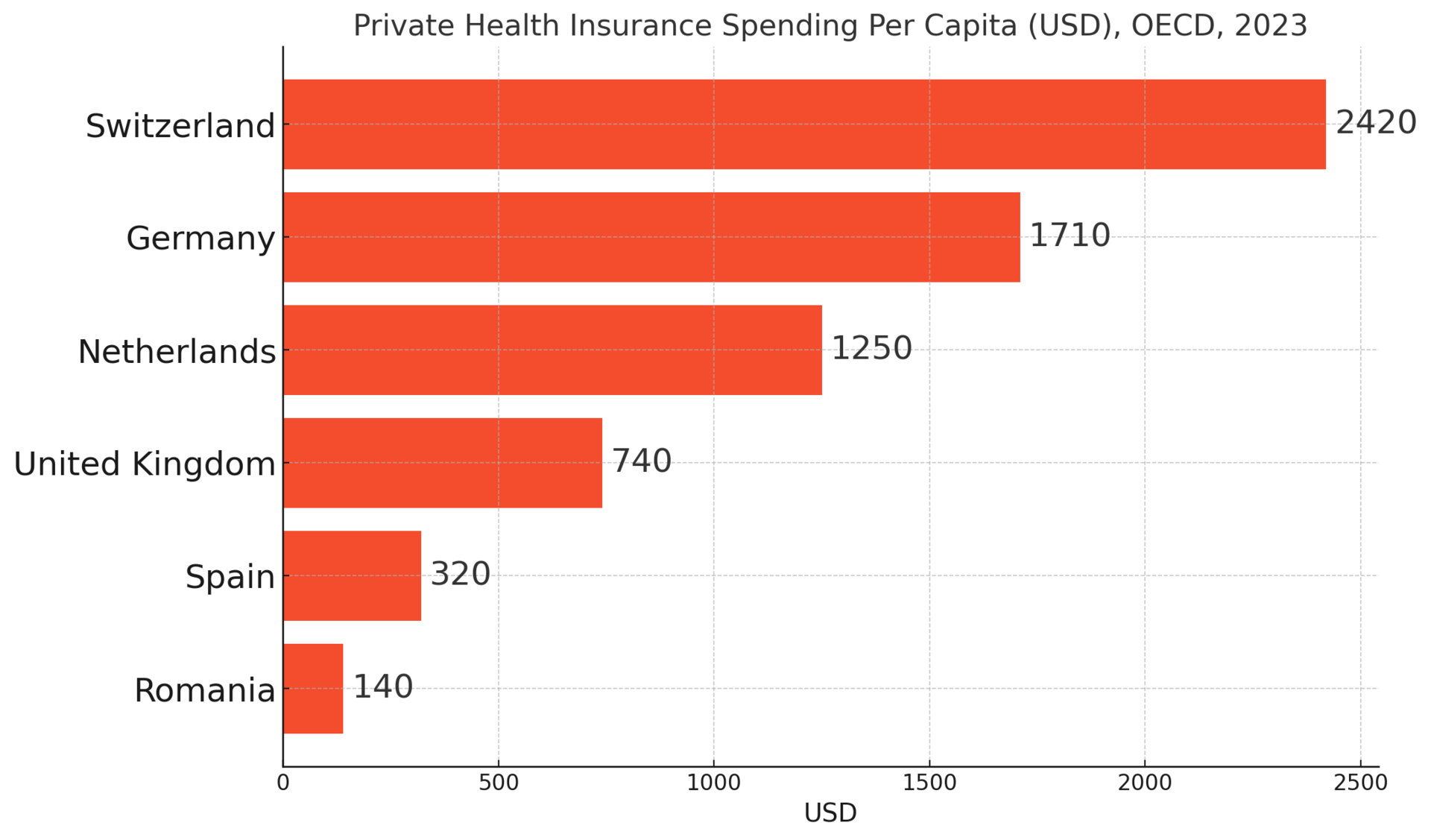
East Asia has some of the world’s oldest populations—and they're not passively aging. Japan and South Korea are turning to tech, tradition, and next-gen bioanalytics to slow the clock.
🇯🇵 Japan’s longevity isn’t new—but the tools are. Tokyo clinics now offer plasma exchange, senolytic therapy, and AI-analyzed gait diagnostics as part of aging-prevention protocols.
🇰🇷 South Korea leads in digital health tracking. Samsung Health is deeply integrated into national health goals, and Seoul’s wellness labs now include DNA methylation panels as part of annual checkups.
🧠 Both countries are investing in cognitive enhancement through natural nootropics, like ginkgo and lion’s mane, merged with EEG-based neurofeedback.
Unexpected cultural blend: In Japan, wearable tech is now being paired with Zen meditation programs—creating a bridge between ancient stillness and modern data.
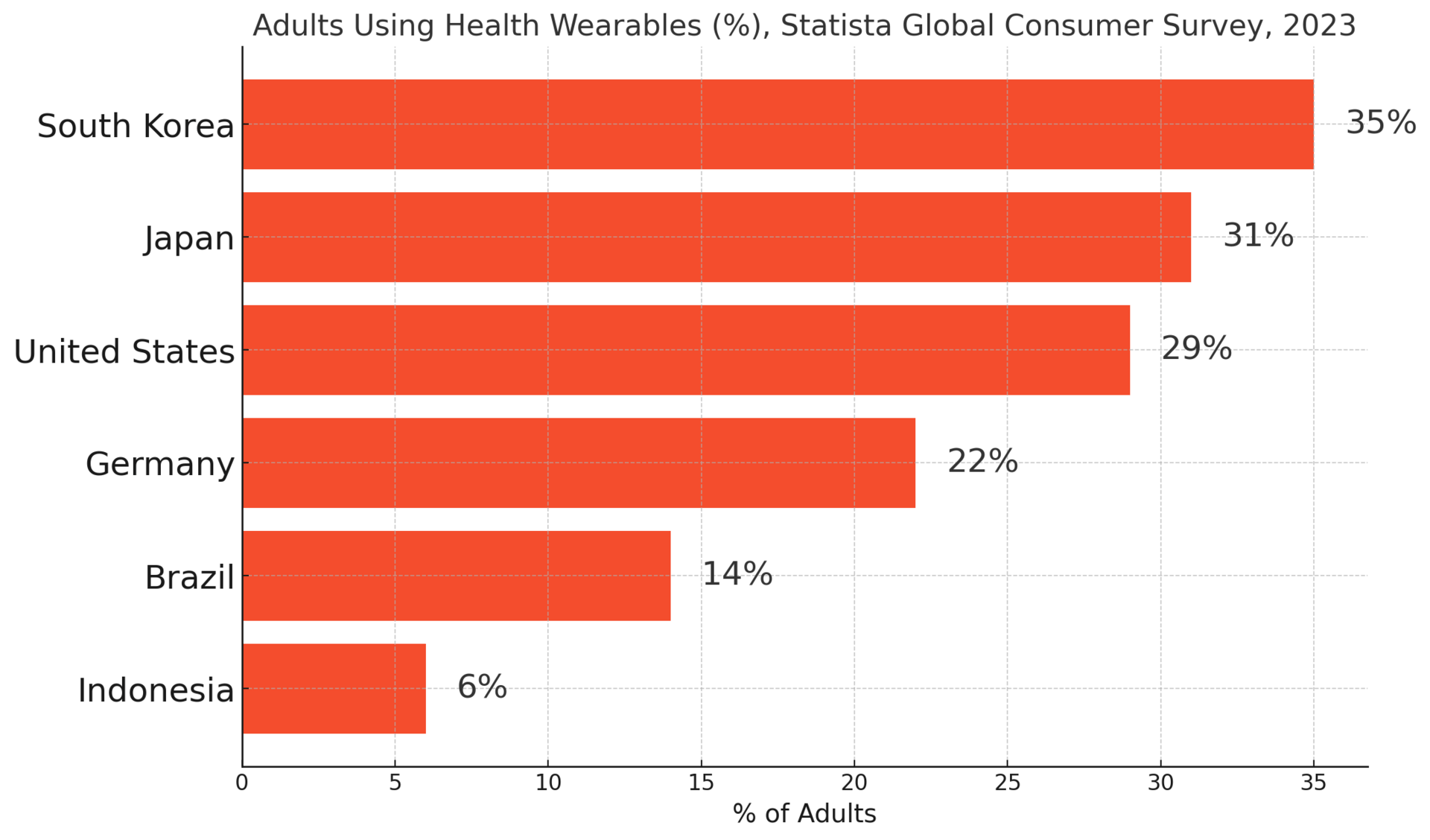
In Latin America, biohacking is emerging from the bottom-up—less reliant on national healthcare and more on entrepreneurial clinics, wellness resorts, and mobile diagnostics.
🇲🇽 Mexico City has seen a surge in personalized health startups offering affordable hormone panels, IV vitamin therapy, and genetic fitness optimization.
🇨🇷 Costa Rica, already a Blue Zone, now markets itself as a longevity destination. Clinics there combine stem cell therapy with rainforest-sourced adaptogens.
🇨🇴 Colombia is becoming a hotspot for regenerative medicine. Medellín, dubbed the “Silicon Valley of South America,” is home to longevity clinics offering everything from peptide therapy to anti-inflammatory infusions.
Trend to track: Biohacking in Latin America is becoming medical tourism’s next frontier—with clients arriving from the U.S., Europe, and Canada for lower costs and equal (or better) care.
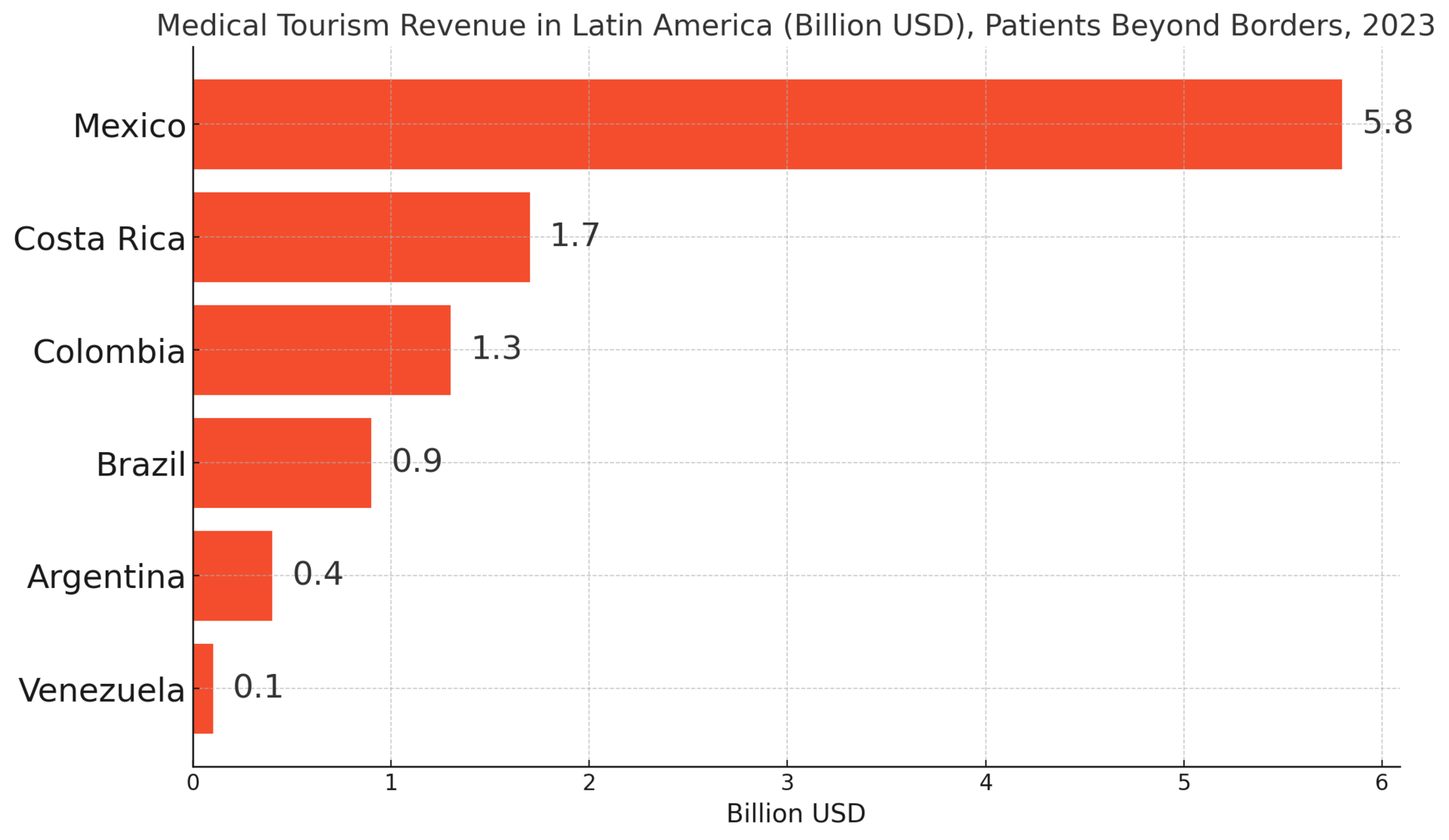
The future of biohacking is global—and it’s decentralizing. The old model of one-size-fits-all healthcare is giving way to personalized protocols, at-home diagnostics, and biological self-sovereignty.
🌍 Expect wearable integration with local pharmacies, citizen-generated health data networks, and open-source protocols for gene expression modulation.
🧬 Emerging nations like Estonia and Israel are already piloting full-genome health passports. Dubai is investing in “epigenetic smart cities” where aging is monitored as a civic metric.
🧠 In the next decade, biohacking may move from the clinic to the cloud—with AI coaches managing sleep, inflammation, and cognition in real-time.
Stunning prediction: By 2035, “biological optimization” could become a standard national health KPI—replacing crude metrics like BMI and cholesterol levels.
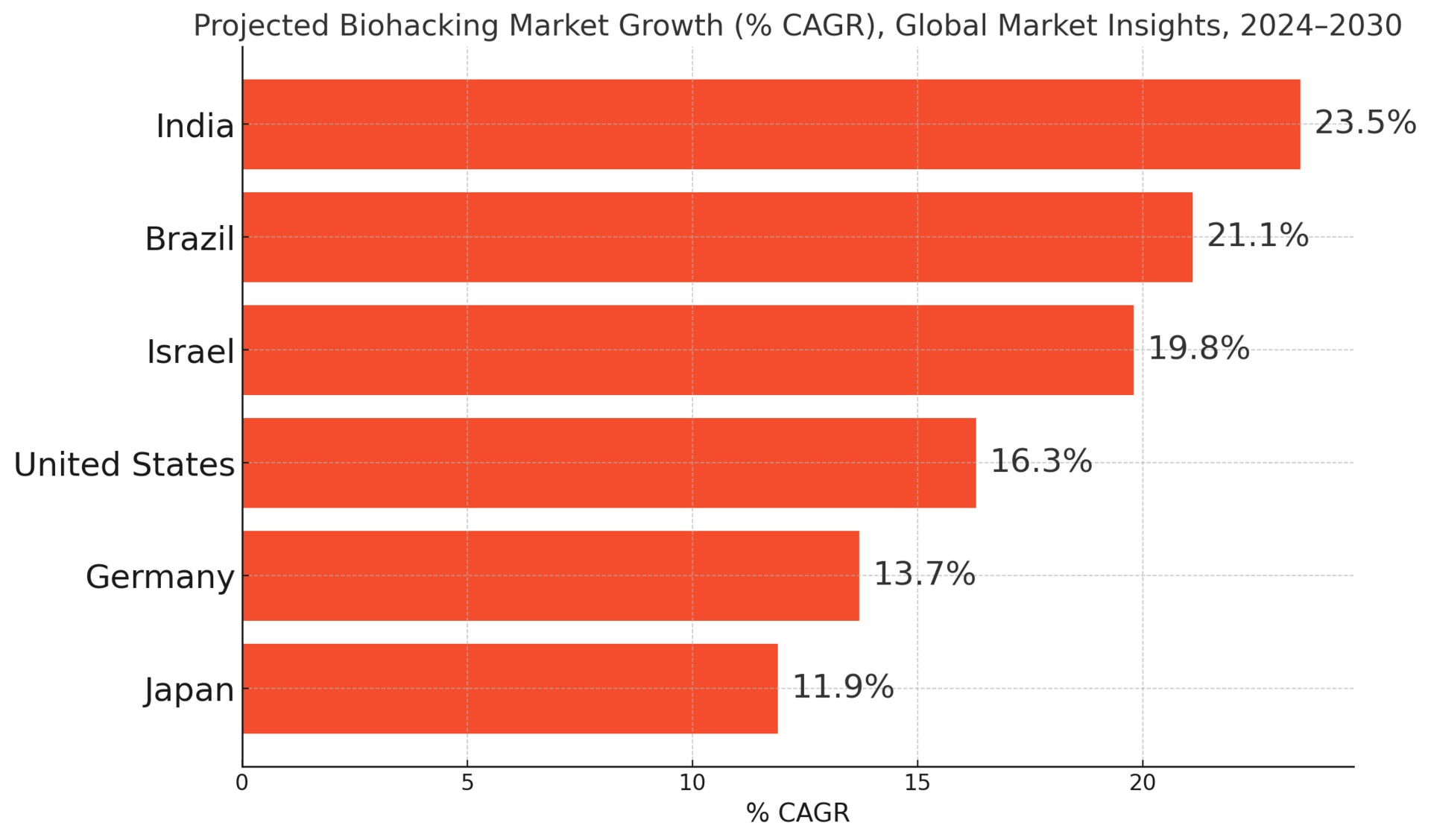
From Nordic cryo-clinics to Costa Rican stem cell sanctuaries, biohacking is fast becoming a global language—spoken in biomarkers, translated by wearables, and driven by data.
This isn’t hype. It’s a shift. Around the world, health is being redefined—not as survival, but as strategic advantage.
Planning a move? A treatment? An investment? The smartest decisions may start with knowing where human performance is being reimagined.
Stay informed. Stay optimized. Stay ahead.
Warm regards,
Shane Fulmer
Founder, WorldPopulationReview.com
P.S. Want to sponsor this newsletter? Reach 124,000+ global-minded readers — click here!

